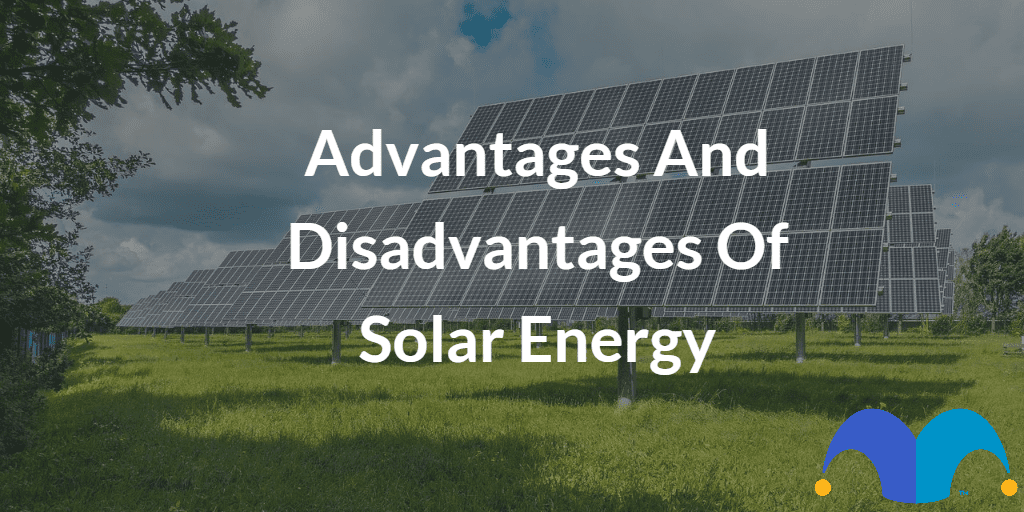You’ve probably seen plenty of information touting the advantages of solar energy, including how it can save you tons of money. But before you make the jump into alternative energy, it’s important to consider the negatives as well.
The average UK household would need to invest £5,940 on solar panels to get a system running. And while the amount may seem reasonable – and much lower than it was just a few years ago – there are other things to keep in mind as well.
What are the main advantages of solar energy?
There are many good things to say about solar energy, and if you’re seriously considering it, here are the biggest benefits.
Solar energy is a renewable energy source
It’s always available, you can’t run out of it and it doesn’t cost anything to harvest. Plus, of all forms of alternative energy, solar power is the most easily available to private consumers, as it doesn’t require a major setup or space to get it running.
It will help reduce your electricity bill
Most people with a solar energy setup are not looking to live off-grid. Instead, they want to reduce their monthly energy costs. This means you will continue to be connected to the National Grid and likely using some of its energy, but your overall bills will still go down.
Solar energy systems are easy and cheap to maintain
In fact, there’s almost no actual maintenance needed except for cleaning a few times a year. There’s little wear and tear to the system itself and many kits come with a warranty of up to 20 years. Except for potential issues with the converter or cables, the chances are that your solar panel system will be a ‘set it and forget it’ thing.
What are the disadvantages of solar energy?
Your location will affect how well it works
Not only do some areas get more sunlight than others, but you might get a reduced amount in winter.
Even the location of your house can make a difference. If trees or hills block some of the sunlight, you won’t be able to gather as much solar energy. Before jumping into solar energy, check how many average days of sunlight your location gets every year. The more sunny days a year you see, the better the energy output.
Storing solar energy is expensive
While solar panels have become very affordable, storing the energy produced is not cheap at all. To store enough energy to run a full house, you would need three storage batteries like Tesla’s Powerball 2.
According to Joju Solar, a single Tesla Powerball 2 battery system can cost between £8,600 and £10,500, including installation. For a large property, you might need more than one battery, making for a hefty upfront investment.
Solar energy is not very efficient
Only 14-22 per cent of the available solar energy is ever converted into actual power. This means many hours of actual sunlight for a small amount of energy.
There’s an environmental impact associated with solar power
While solar energy has the advantage of being clean energy, the panels themselves aren’t that environmentally friendly. A number of hazardous materials are using during production, including lead, gallium arsenide and cadmium.
An even bigger problem is disposing of these panels when it’s time to replace them. There’s currently no environmentally safe way to do so.
